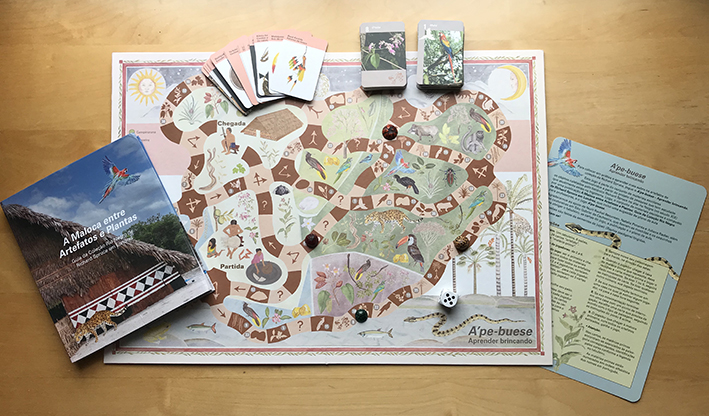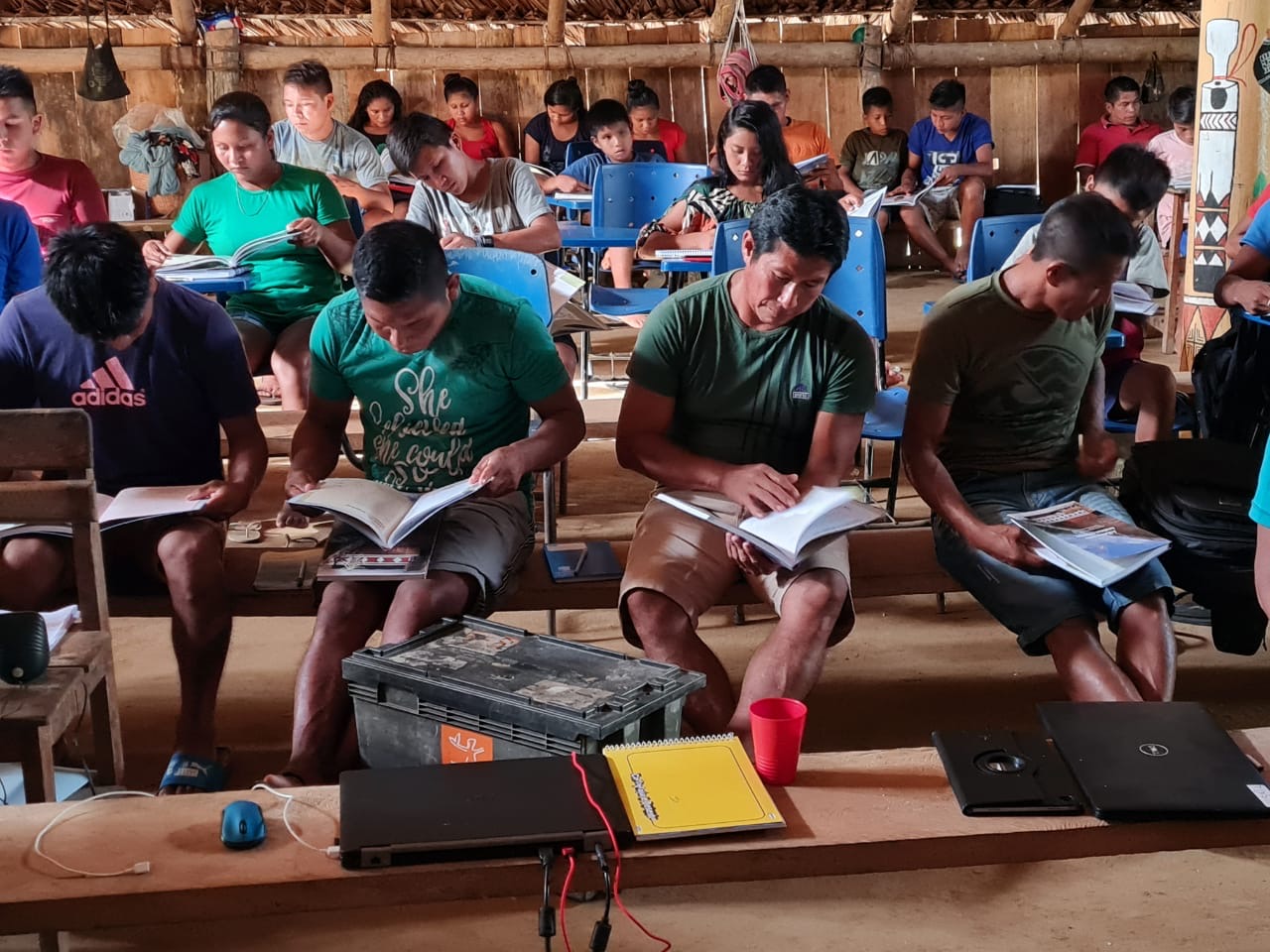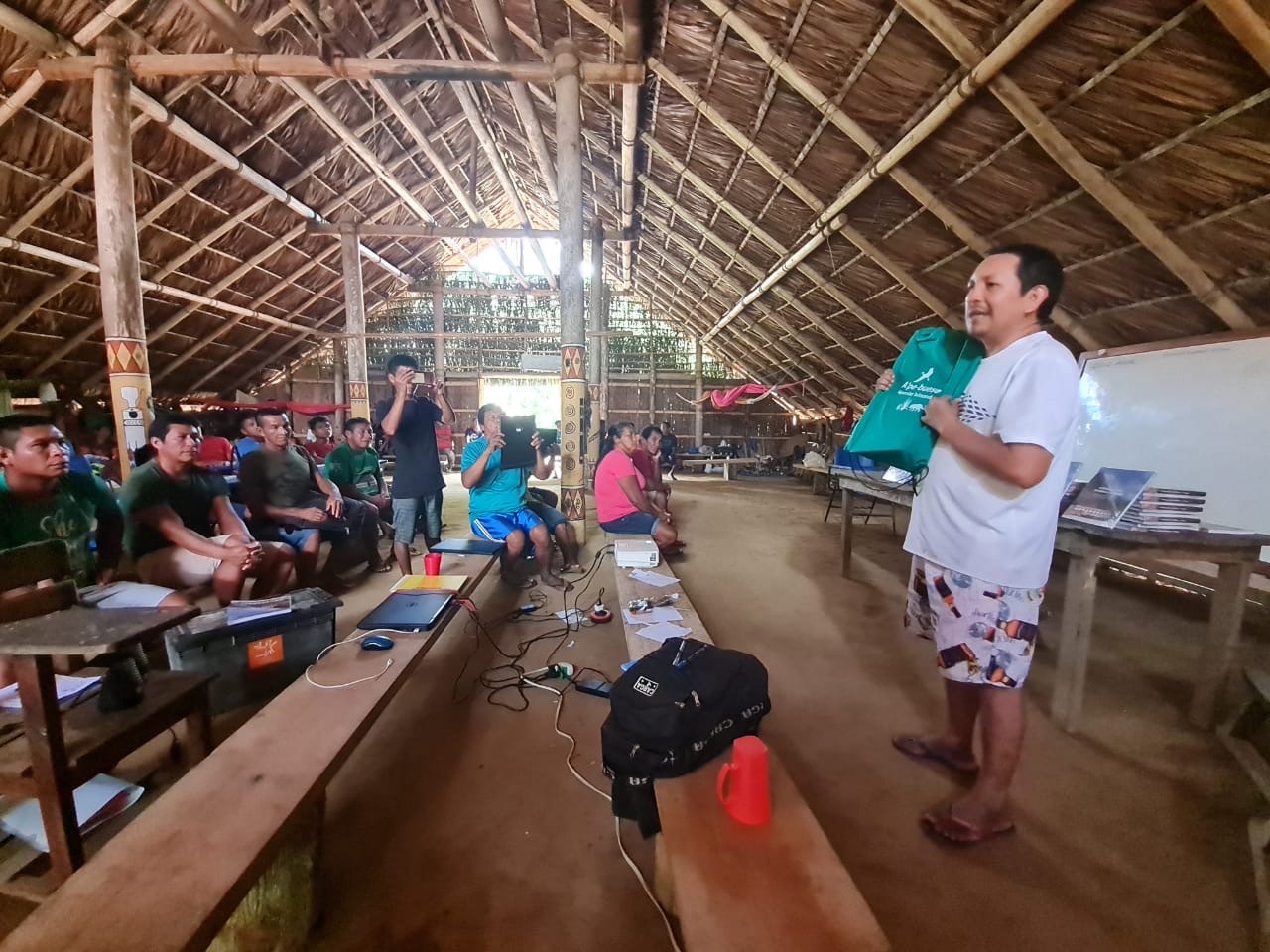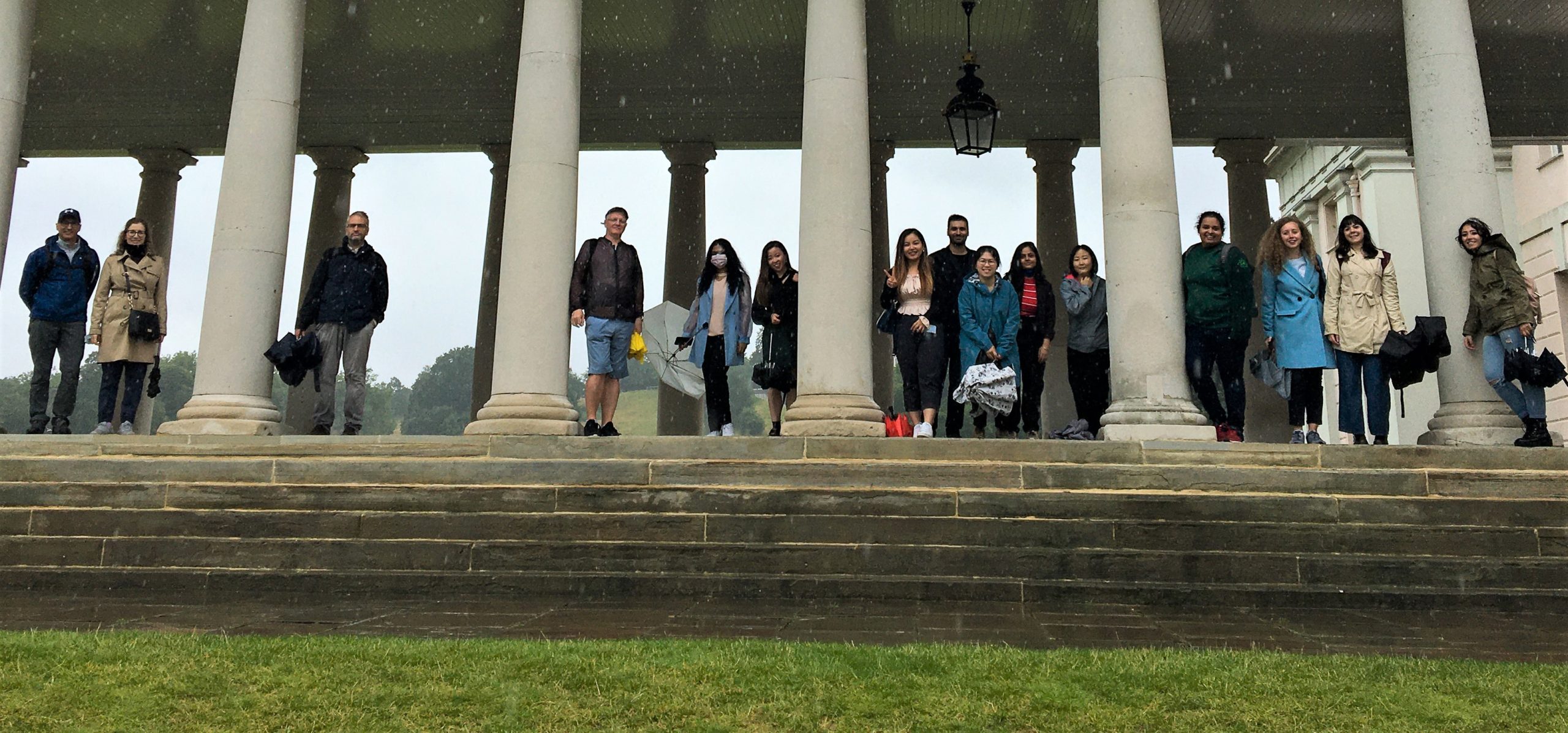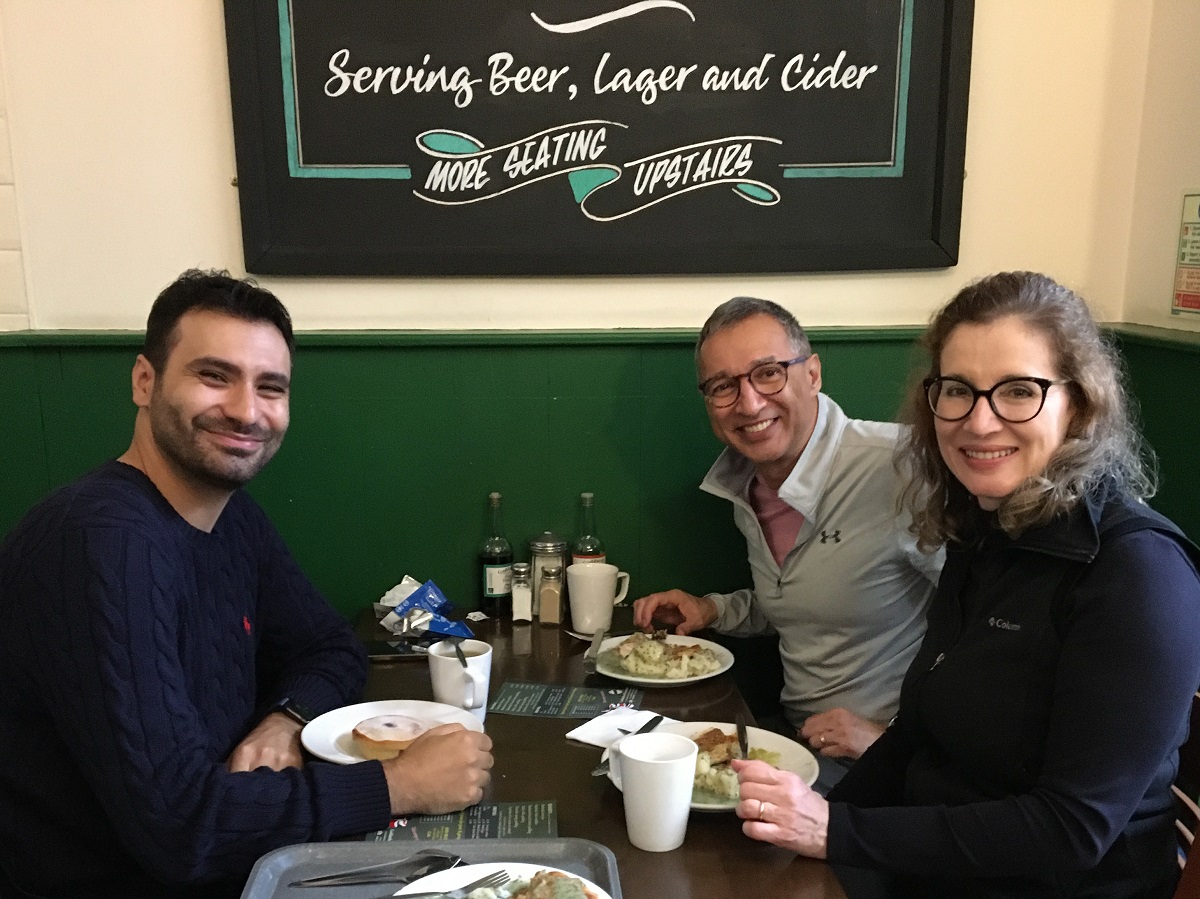When Alba DeCarlo left school at 18 she never imagined she would get a degree. Despite that statement, this week she graduates from Birkbeck with a degree in BSc Business and has changed careers from a coffee shop manager to a Finance and Administrator lead for NBC Universal. This is her #BBKgrad story.
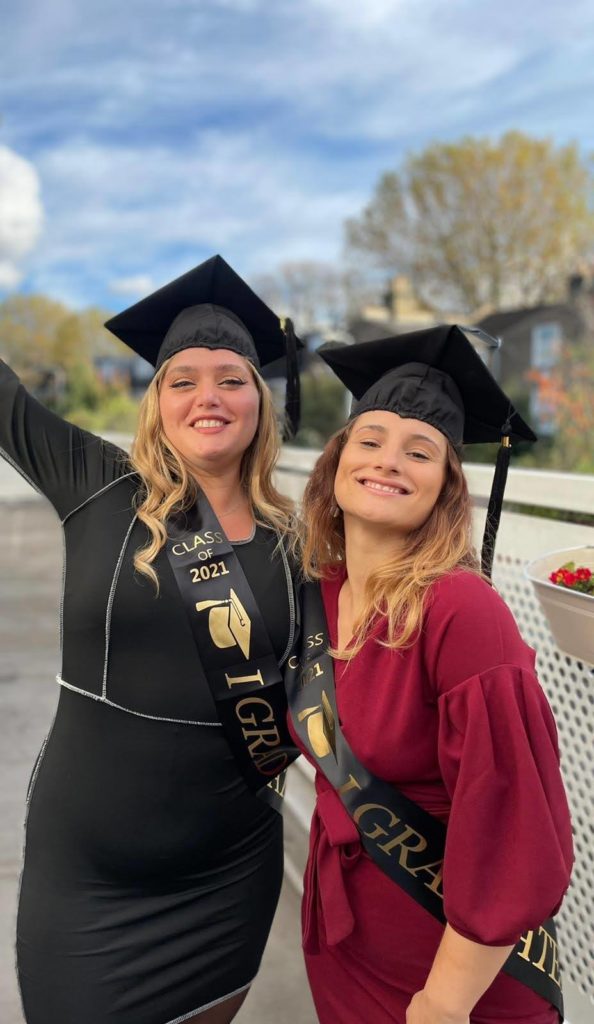
Alba DeCarlo (R) with her sister Anna Rita DeCarlo (L) who is also graduating this year with a degree in BSc Marketing.
Alba first came to the UK from Italy aged 19, with very little English. She found a job as a waitress and eventually worked her way up to being the manager of a coffee shop from the ages of 21 to 25. While she enjoyed the social atmosphere and physicality of her job, Alba began to feel in need of a change. “I needed to escape the industry, just do something different. Then my mum said, ‘Why don’t you just go to university?’ I had not considered it an option for me but after doing some research I found Birkbeck.”
Since she could not give up work to study, Alba found Birkbeck’s evening model perfect for her: “It was the only university I applied for, so I put all my eggs in one basket!” Luckily Alba was accepted on to the business course that she hoped would expand her career options: “I wanted to study business because I had already gained skills working as a manager but I needed the theory. I wanted to know how businesses are created and run, so that maybe one day I could open my own.” She was so enthused by Birkbeck’s offer that Alba convinced her younger sister to start a marketing degree in the same year.
Alba found the opportunity to study again an enriching experience, “I learned how important it is to socialise and meet people, because before Birkbeck all I did was work, so most of my friends were from there. At Birkbeck I was able to meet people and go to the library and have access to books, everything was just right there for me.” She also benefitted from technology support from the College which enabled her to get a free laptop to use for her studies.
Like many students who come to the College, Alba encountered challenges along the way. She changed jobs a number of times to adapt to studying, even taking jobs abroad at times to earn enough money. In her final year, she decided to go back to working in a coffee shop and was eventually promoted to the Operational Training Manager of a number of premises. After a year she found out she was pregnant. Not discouraged by this, Alba did the maths and decided that she would still be able to complete her degree without pausing her studies. “I was lucky in a sense because I gave birth during the pandemic when classes and exams were held online which meant I could do everything at home and study – albeit while being very tired!”
changed jobs a number of times to adapt to studying, even taking jobs abroad at times to earn enough money. In her final year, she decided to go back to working in a coffee shop and was eventually promoted to the Operational Training Manager of a number of premises. After a year she found out she was pregnant. Not discouraged by this, Alba did the maths and decided that she would still be able to complete her degree without pausing her studies. “I was lucky in a sense because I gave birth during the pandemic when classes and exams were held online which meant I could do everything at home and study – albeit while being very tired!”
True to form, Alba made the leap closer to her business ambitions to a job as a Finance and Administrator lead at NBC Universal before she had even graduated. She started out in the company as a Catering and Event Manager and because of her eye for numbers was eventually asked by the Account Manager to become an Administrator. “The degree has helped me get into finance, and I think it will help me get to where I want to be in the future.”
This week she celebrates completing this phase of her journey and looks forward to learning more and continuing to grow in her field.
FURTHER INFORMATION:

